Learning to Be Latino
Critical Issues in American Education
Lisa Michele Nunn, Series Editor
Taking advantage of sociologys position as a leader in the social scientific study of education, this series is home to new empirical and applied bodies of work that combine social analysis, cultural critique, and historical perspectives across disciplinary lines and the usual methodological boundaries. Books in the series aim for topical and theoretical breadth. Anchored in sociological analysis, Critical Issues in American Education features carefully crafted empirical work that takes up the most pressing educational issues of our time, including federal education policy, gender and racial disparities in student achievement, access to higher education, labor market outcomes, teacher quality, and decision making within institutions.
Judson G. Everitt, Lesson Plans: The Institutional Demands of Becoming a Teacher
Daisy Verduzco Reyes, Learning to be Latino: How Colleges Shape Identity Politics
Learning to Be Latino
How Colleges Shape Identity Politics
DAISY VERDUZCO REYES
RUTGERS UNIVERSITY PRESS
NEW BRUNSWICK, CAMDEN, AND NEWARK, NEW JERSEY, AND LONDON
Library of Congress Cataloging-in-Publication Data
Names: Reyes, Daisy Verduzco, 1983 author.
Title: Learning to be Latino : how colleges shape identity politics / Daisy Verduzco Reyes.
Description: New Brunswick : Rutgers University Press, 2018. | Includes bibliographical references and index.
Identifiers: LCCN 2017059103| ISBN 9780813596471 (cloth : alk. paper) | ISBN 9780813596464 (pbk. : alk. paper) | ISBN 9780813596488 (epub) | ISBN 9780813596501 (Web PDF)
Subjects: LCSH: Hispanic AmericansEducation (Higher)Social aspects. | Hispanic American college studentsSocial conditions. | Hispanic AmericansEthnic identity. | Group identityUnited States.
Classification: LCC LC2670.6 .R49 2018 | DDC 371.829/68073dc23
LC record available at https://lccn.loc.gov/2017059103
A British Cataloging-in-Publication record for this book is available from the British Library.
Copyright 2018 by Daisy Verduzco Reyes
All rights reserved
No part of this book may be reproduced or utilized in any form or by any means, electronic or mechanical, or by any information storage and retrieval system, without written permission from the publisher. Please contact Rutgers University Press, 106 Somerset Street, New Brunswick, NJ 08901. The only exception to this prohibition is fair use as defined by U.S. copyright law.

The paper used in this publication meets the requirements of the American National Standard for Information SciencesPermanence of Paper for Printed Library Materials, ANSI Z39.48-1992.
www.rutgersuniversitypress.org
Manufactured in the United States of America
Para mi mami y papi, Isabel y Jesus, por sus esfuerzos y amor and Nancy for opening doors
CONTENTS
T here are many ways to be Latino and the idea that college access for Latinos was part of the legacy of a political struggle. Feeling empowered by the events that transpired on that day, I knew not only that I wanted to go to college, but that I would seek out a Latino community on campus when I did.
Four years later, as an undergraduate at UCSB and like so many Latino students across the country, I searched for a sense of community through a Latino student organization. I attended a few El Congreso meetings, where members and leaders recalled and credited the student activism of the 1960s and 1970s for their access to resources and positions on campus. Over and over these Latino student leaders reminded us, We are here because of those who came before us. recalling the past efforts and struggles of Chicano students. They emphasized the continued need to organize in order to keep the doors of higher education open for future Chicano and Latino students, specifically through advocacy, mentoring, and recruitment of high school youth.
I was inspired by the idea of helping a new generation of Latino students. I agreed with El Congresos political commitments, but was discouraged by the combative nature of some members. The few meetings I attended were dominated by discussions about the inequalities facing Latinos and the importance of being socially conscious. I viewed the way some members broached these topics as contentious and conflictual. And more importantly, I saw some of these discussions as moments when ones consciousness and loyalty to Latino communities were questioned. My impression was that some of these students wanted to judge who held the correct political views and who was the most authentically Chicano/Latino. Politically I agreed with El Congreso, but I disagreed with the confrontational tactics of some members as they tried to get students in line with one political perspective.
Once I knew El Congreso was not the organization for me, I turned to other Latino organizations and was overwhelmed by the number of choices available for creating a Latino niche for myself on campus. At the time, Latinos accounted for almost 20 percent of the total student population at UCSB, and there were over twelve Latino student organizations. I tried Latino student organizations that were primarily social and found I was not interested in belonging to a nonpolitical club. Eventually, I joined, Mujeres unidas por justicia, educacin, y revolucin (M.U.J.E.R.), a Chicana political womens organization, which also served as a support group.
Although I had not joined El Congreso, I was still sympathetic to its concerns, so I remained attentive to its activities on campus. In Chicano Studies courses, I observed Congresistas debate and argue with Latino peers who were members of Latino fraternities, sororities, and other social organizations. These arguments emerged repeatedly in such courses, where Latino students from different organizations came together. Certain Congreso members accused those of other organizations of focusing on their self-advancement and social activities rather than giving back to Latino communities, while members of other Latino groups accused El Congreso of being Mexican-centric, judgmental, and too radical.
Contestation occurred outside the classroom, too, particularly when it came to the graduation ceremony. At the height of the activism, El Congreso began organizing graduation for its members, and it continued to so thereafter, even as the Latino student population grew on campus and members of El Congreso were no longer the only participants. Today, the bilingual event is open to all graduating Latino students, who can invite their entire families, listen to mariachi, watch Aztec dancers, and individually express thanks in a short speech. The gathering is an intimate and culturally salient alternative to the university-wide commencement service. By 2005, however, the planning for this event had become a continuous battleground.
When I joined the Chicano-Latino graduation planning committee in 2004, a group of fraternity and sorority members sought to gain leadership positions and, hence, greater decision-making power. But even though several were elected, they were unable to take control of the graduation leadership committee because of a by-law stipulating that one co-president of the Chicano-Latino Graduation Committee had to be a member of El Congreso. With both Congreso members and nonmembers on the committee, a battle ensued over which Latino identities, politics, and symbols would be represented in the ceremony. El Congreso was intent on keeping traditions such as Aztec dancers because they noted that indigenous pride is central to Chicano identity. However, other leaders saw the dancing as Mexican-centric and urged the committee to consider the increasing diversity among Latino graduates. They wanted a mix of musical genres to be represented, not only those popular in Mexico, and so they sought to add cumbia and merengue . They even suggested that the U.S. National Anthem be sung because it was the most common thread shared by all membersthey were, after all, Latino Americans . The Congresista leadership refused the national anthem on the grounds that representing American patriotism on the day of their graduation would violate its values.



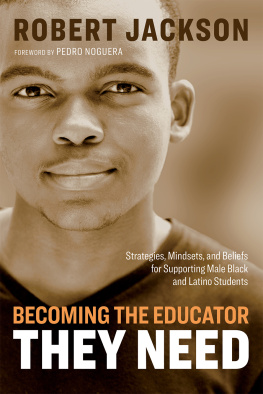

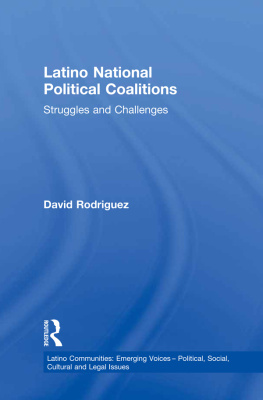
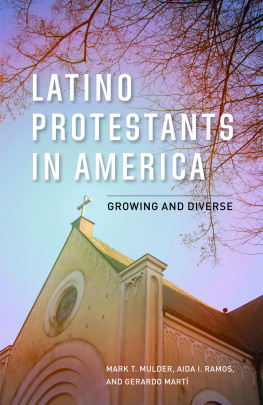
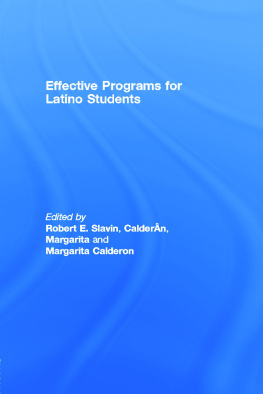
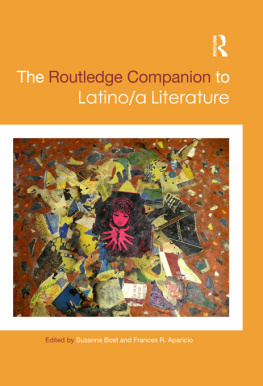



 The paper used in this publication meets the requirements of the American National Standard for Information SciencesPermanence of Paper for Printed Library Materials, ANSI Z39.48-1992.
The paper used in this publication meets the requirements of the American National Standard for Information SciencesPermanence of Paper for Printed Library Materials, ANSI Z39.48-1992.